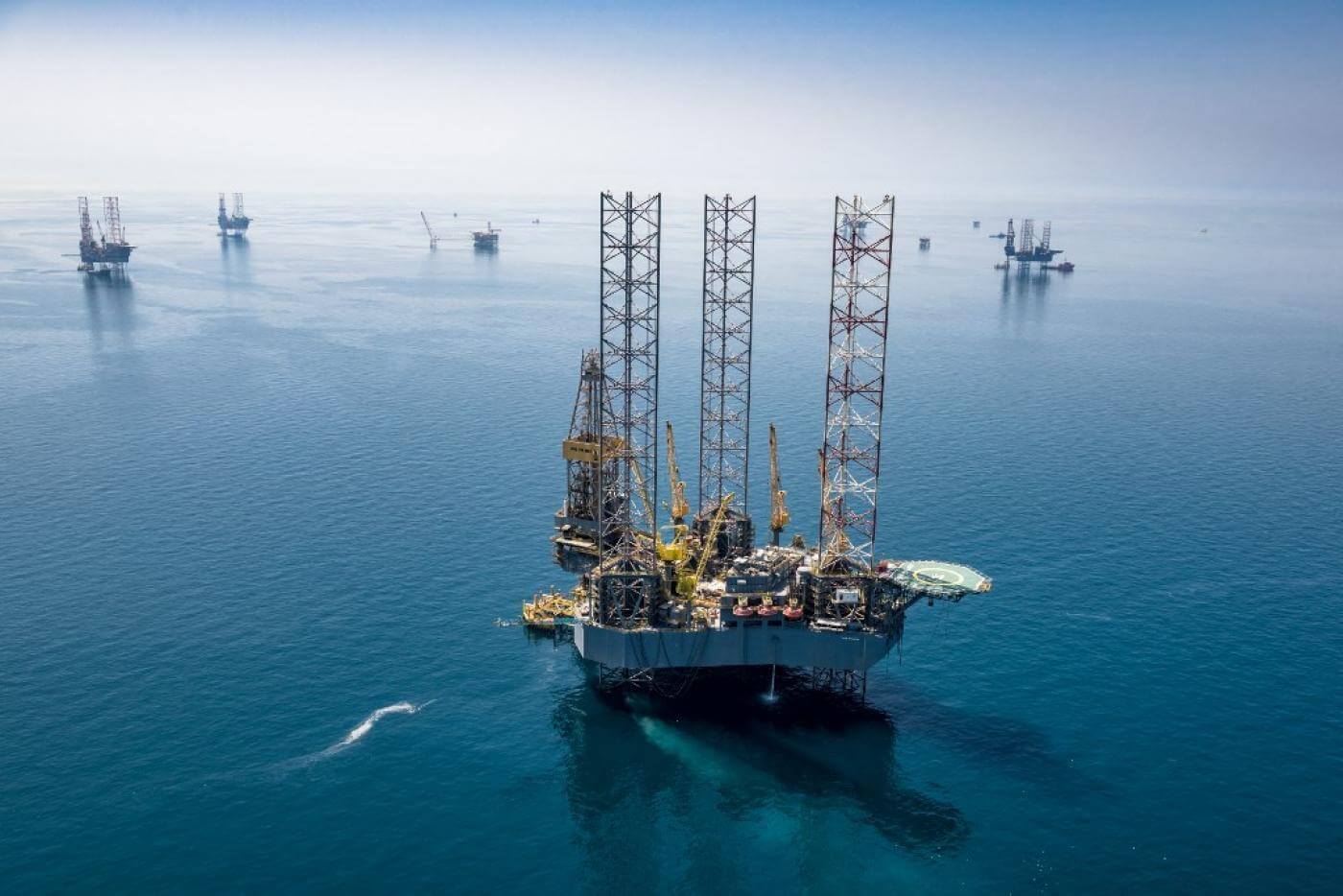Saudi Arabia and Kuwait on Wednesday reiterated their commitment to jointly develop the Arash/Durra natural gas field despite objections raised by Iran.
The Saudi Foreign Ministry released a statement saying that both countries have agreed to “expedite the development and exploitation of the Durra field” as part of a deal signed by the Saudi and Kuwaiti energy ministers last month. Both countries “affirm their right to exploit the natural resources in this area and that they will continue working to enforce” the deal, the statement said.
On March 21, the two Gulf countries inked an agreement to develop the oil field that lies in their shared maritime zone. A joint statement said that they “will use “cutting-edge and environment-friendly methods to ramp up gas output.” The project will be jointly developed by the Saudi Aramco oil company and the Kuwait Gulf Oil Company.
🇮🇷🇸🇦🇰🇼 Looks like the diplomatic spat between #Iran and its #GCC neighbors #Saudi Arabia and #Kuwait over plans to develop the disputed Dorra/ Arash gas field in the Neutral Zone is going to rumble on and on.. #ootthttps://t.co/vjqDHbOIUp pic.twitter.com/JbzGPdhmEm
— Nader Itayim | نادر ایتیّم (@ncitayim) April 11, 2022
However, Iran condemned the deal and called it “illegal,” as it claims a stake in the gas field, which is known as Arash in Iran. Iran said any deal to develop the field should include the Islamic Republic. “The Arash/Durra is a joint gas field between Iran, Kuwait and Saudi Arabia, parts of which are located in areas between Iran and Kuwait whose water boundaries have yet to be defined,” the Iranian Foreign Ministry tweeted days after the deal was signed.
The Arash/al-Durra is a joint gas field between #Iran, #Kuwait and #SaudiArabia, parts of which are located in areas between Iran and Kuwait whose water boundaries have yet to be defined.
— Iran Foreign Ministry 🇮🇷 (@IRIMFA_EN) March 26, 2022
The Arash/Durra gas field is contentious because of its precarious location on the maritime borders of Iran, Kuwait, and Saudi Arabia. It was discovered in 1967, and Saudi Arabia and Kuwait awarded the rights to develop the field to the Anglo-Iranian Oil Company, known today as British Petroleum and Royal Dutch Shell. The contracts angered Iran, as it was not consulted.

The gas reserves of the field are estimated at around 20 trillion cubic feet and it is expected to produce about one billion cubic feet of natural gas per day.
Iranian state-owned news outlet Press TV said that more than 70% of the field lies in Iran and blamed Riyadh for rejecting Tehran’s stake in the area. Furthermore, the news agency accused Saudi Arabia and Kuwait of “forging documents” to entirely erase Iran’s claim.
However, in Wednesday’s statement, the Saudi Foreign Ministry claimed that it had previously invited Iran for negotiations but was rebuffed by Tehran. In this regard, the statement said that Saudi Arabia and Kuwait “renew their invitation” for Iran to join talks.
The dispute over Arash/Durra is the latest confrontation between Riyadh and Tehran. Both countries have had major issues with each other for a long time and tensions spiralled out of control when the Saudi embassy in Tehran was attacked by Iranian mobs in 2016 over Saudi Arabia’s execution of a prominent Shia cleric. Following the attacks, the Kingdom officially broke diplomatic ties with the Islamic Republic.
Riyadh and Tehran are also engaged in a proxy war in Yemen. While Iran supports Yemen’s Shia Houthi rebels with arms and money, Saudi Arabia backs local Yemeni forces and conducts regular airstrikes as part of a wider Gulf coalition.
Both sides have expressed willingness to talk to each other and resolve their disputes. However, efforts aimed at negotiations have failed to materialise so far.

